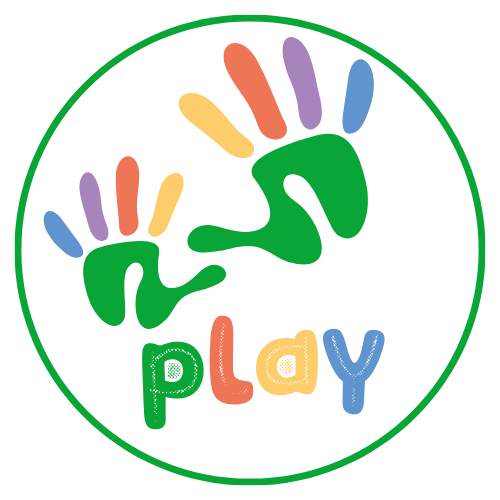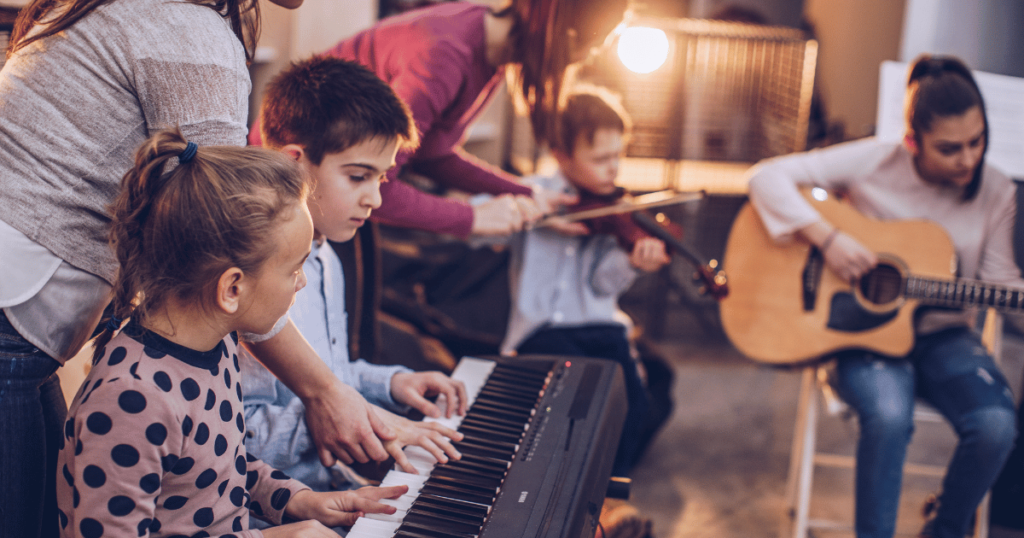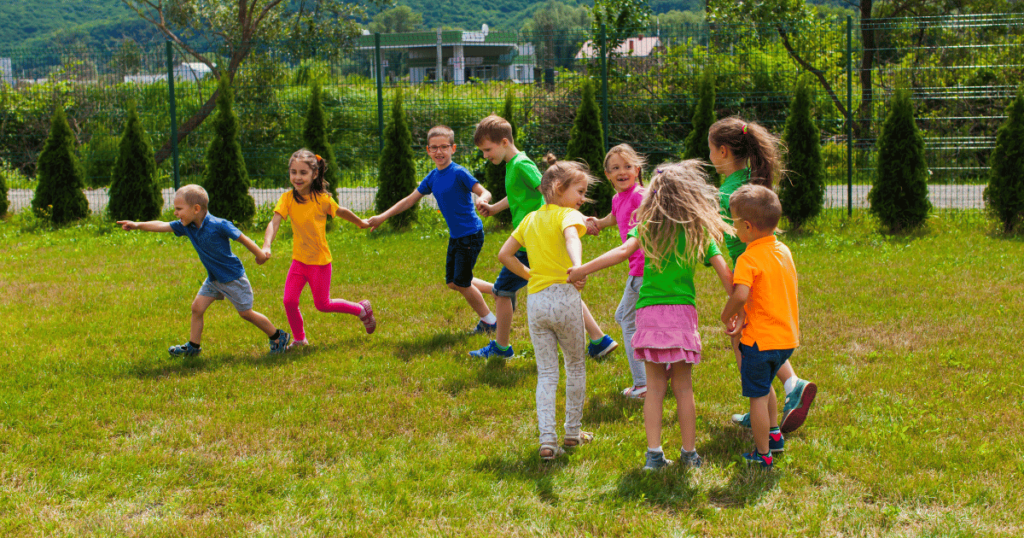Music has the power to move us, to transport us to another world, and to touch us in ways that nothing else can. And for children, the benefits of playing music go far beyond just the joy of making beautiful sounds. Whether your child is interested in singing, playing an instrument, or simply listening to music, there are countless ways that music can enrich their lives and support their development.
In this article, we’ll explore the many benefits of playing music for kids, and offer tips on how to help your child get started with their musical journey. We’ll also showcase a range of musical instruments and sheet music to suit all ages and interests, from beginner’s kits to advanced pieces.
Boosts Cognitive Development
Playing music requires the use of multiple brain regions, including those responsible for motor skills, auditory processing, and spatial awareness. As a result, studies have shown that children who learn an instrument have higher levels of brain development in areas such as language processing, spatial-temporal skills, and executive function.
Improves Social Skills
Playing music is also a great way to develop social skills, as it requires children to listen to others, work together in ensembles, and communicate with their fellow musicians. Whether it’s through joining a band or orchestra, attending music lessons with friends, or simply jamming with family members, music can provide a supportive and collaborative environment for children to develop their social skills.
Encourages Self-Expression
Music is a powerful tool for self-expression, allowing children to explore their emotions and creativity in a safe and supportive environment. Whether your child is writing their own songs, improvising on an instrument, or interpreting a piece of sheet music in their own way, playing music can help them express themselves in ways that may be difficult or impossible through other means.
Builds Confidence and Self-Esteem
Learning an instrument requires patience, dedication, and perseverance, and as children progress and master new skills, they can experience a sense of accomplishment and pride that can boost their confidence and self-esteem. Whether it’s nailing a difficult piece of music, performing in front of an audience, or simply feeling more comfortable expressing themselves through music, playing music can help children build a positive self-image and a sense of self-worth.
Promotes Well-Being and Relaxation
Playing music can also be a great way to reduce stress and promote well-being, as it provides a creative outlet for children to unwind and relax. Whether it’s practicing their instrument, listening to music, or simply singing along to their favorite tunes, playing music can help children feel calmer, happier, and more centered.
Tips for Getting Started:
Start small: Encourage your child to explore different types of music and instruments, and let them take the lead in deciding what they’re most interested in.
Find a teacher: A good music teacher can help your child develop the skills they need to succeed, and can provide guidance and support as they progress.
Make it fun: Playing music should be enjoyable and rewarding, so make sure to keep it lighthearted and fun, and encourage your child to experiment and take risks.
Practice regularly: Consistency is key when it comes to learning an instrument, so make sure your child sets aside time each day to practice and hone their skills.
In addition to the musical instruments and sheet music mentioned above, here are some other product suggestions for playing music for kids:
- Music stand: A sturdy and adjustable music stand can be a great addition to a child’s practice space, providing a dedicated place for them to read and play music.
- Metronome: A metronome is an essential tool for any musician, helping them to stay on tempo and develop a sense of rhythm.
- Headphones: Noise-cancelling headphones can help block out distractions and create a more immersive musical experience for kids practicing or listening to music.
- Recording equipment: Encourage your child to record their music and listen back to it for feedback and improvement. A basic microphone or portable recorder can be a good starting point.
- Music-themed books and games: There are many books and games available that teach children about music theory, history, and famous musicians. These can be a fun and educational addition to their music learning experience.




